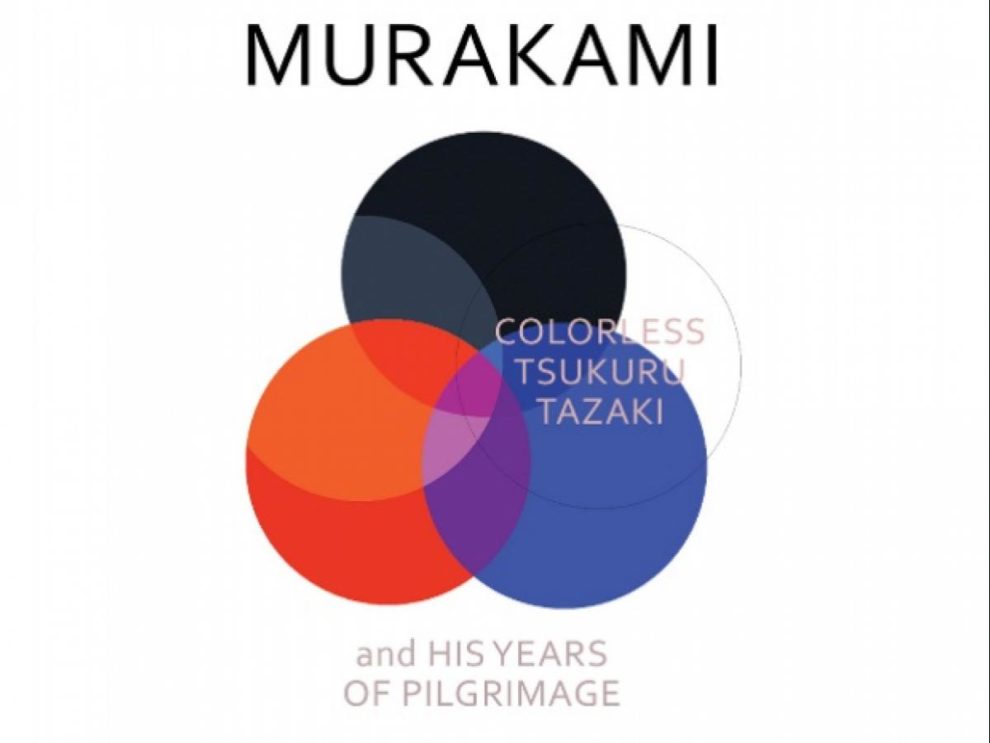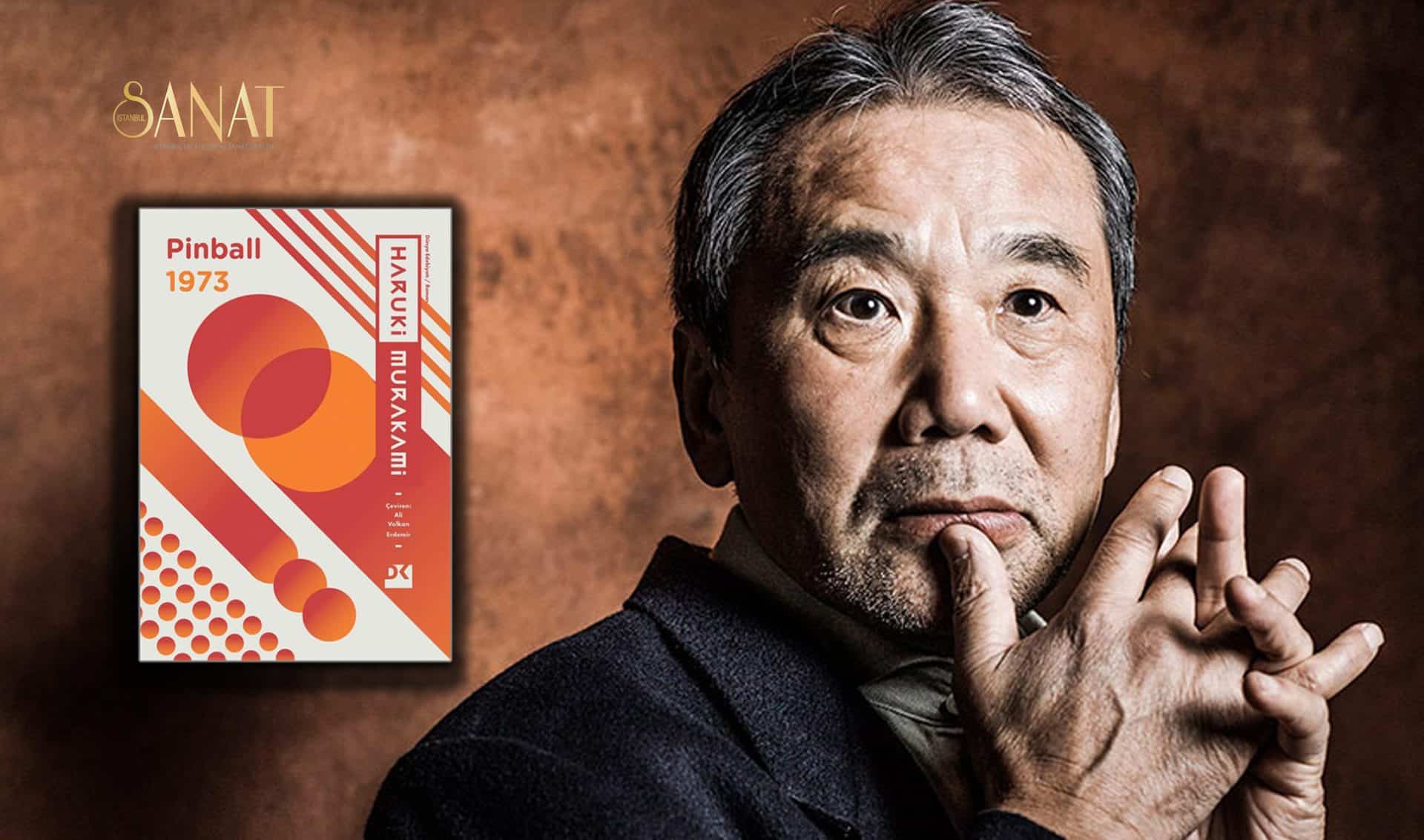Have you ever felt like the odd one out of your group of friends? The friend who fits in well enough but never feels like an integral member of the gang; not adding much but not detracting either – simply existing as a conscious nothing within a dynamic that, in your eyes, would stay unchanged without you? Maybe you're content in this spectral in-between of belonging and detachment. Maybe it's enough to simply have friends who, despite your insecurities, have accepted you for who you are, and who treat you as one of their own. If so, the question then becomes: what happens when these friends turn their back on you? In few words, these premises literary master Haruki Murakami's “Colorless Tsukuru Tazaki and His Years of Pilgrimage”, a therapeutic, often dream-like (this is Murakami, remember?) tale about loneliness, insecurity, alienation, and individuality.
Buy This Title
Tsukuru Tazaki is one of a group of five friends living in Nagoya, Japan, in the early 1990s. Comprising of two girls and three boys, each member of the group has an inherent colour in their surname. Well, except for Tsukuru, hence the “Colorless”. The two girls are named Kuro (Black) and Shiro (White), and the two other boys are Aka (Red) and Ao (Blue). Despite Tsukuru's anomality, the group is as thick as thieves, operating in harmony and forming a perfect whole. And yet, Tsukuru still feels dispensable. Then one day, during his second year in college, his friend's coldly, abruptly and without explanation, cut all ties with him. Sixteen years pass, and Tsukuru is still shaken by this event. Rejected and lost, his life moves along emptily until he meets a girl who hears his story and tells him it's about time he found out exactly what really happened on that fateful day. With her help, Tsukuru sets off on a pilgrimage of truth that could either mend old wounds, or break him altogether.
Although his imagery is as vivid and transportive as ever, the magic realism that has become such a trademark in Murakami's work is used sparingly in “Colorless”. Rather, he seasons the story with just three or four key moments of otherworldliness that give its fairly grounded narrative that extra boost of surrealist intrigue that may well compel you to finish the book in one sitting, as it did me. Murakami largely executes these moments through erotic, sometimes eerie dream (or, depending on how you look at it, dream-like) sequences that seem to blur and seep into the crevaces of Tsukuru's reality, giving us an insight into his deepest insecurities and desires. Although, one of the most notable of these surrealisms manifests itself as a chapter-long story told by Haida, a friend of Tsukuru, detailing a bizarre experience in which his father engaged in abstract debate and spiritual dealings with a strange piano player at a hot springs resort. It's a chapter that at first feels so far away from the core narrative that it may as well be released as a short story unto itself. However, by the end of the chapter, this fable-like tangent has accessed the existential core of the novel, and it stuck with me long after I had turned the last page.
Psycho-sexual fever dreams and deals with mystical musicians aside, the tale of Tsukuru's pilgrimage is largely a humanist and quite unexpectedly warm one. It becomes clear that Murakami himself has a great deal of affection for Tsukuru and his cause that is far-reaching and contagious. Make no mistake, our ever-melancholic author spares no expense in regards to exploring the profound sadness of Tsukuru's rejection and subsequent trauma. On the other side of that coin, however, lies an empowering story about reclaiming fragments of oneself piece by piece, that champions those who fight loneliness, depression, and self-loathing every day.
As is the case with much of Murakami's work, “Colorless Tsukuru Tazaki and His Years of Pilgrimage” ends on a note of uncertainty for the future. It wouldn't be a spoiler to say that the narrative gives no easy answers; the mystery resolves itself but more complex questions take its place. Yet, by the time our protagonist reaches the final word, he has undergone a small metamorphosis that feels hard-earned, immensely satisfying, and inspiring to see – perhaps because, in some capacity, we've all been in his position ourselves.
















